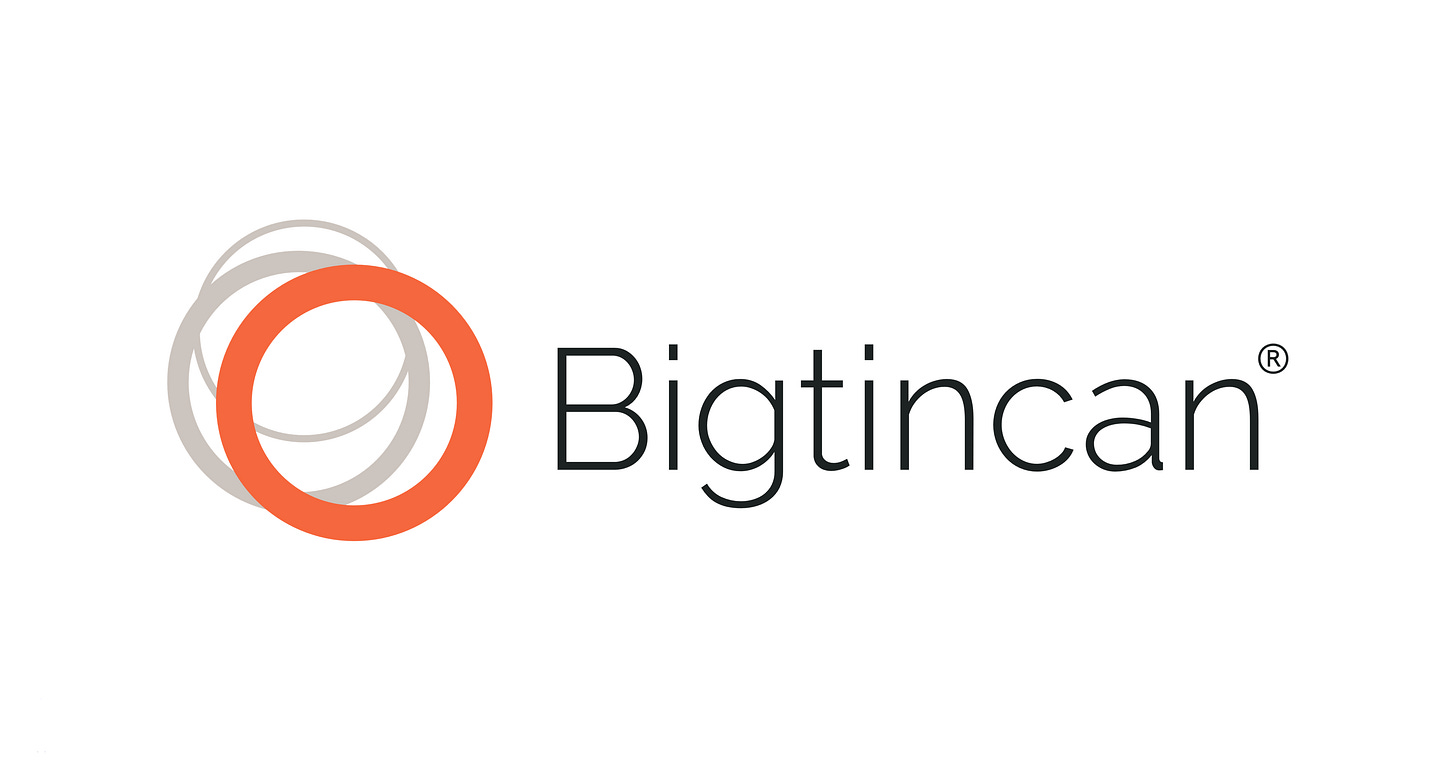Yesterday, Vector Capital Management completed its acquisition of Bigtincan, one of the key players in the sales and revenue enablement space.
It triggered a few thoughts:
Revenue enablement has been the first—and hardest—hit by sales stack consolidation. It was the textbook case of horizontal rationalization: different departments using different tools consolidated onto a single platform. The impact showed in BigTinCan’s FY24 results (ending August): A$117M in revenue, down 5%, with gross retention (GRR) at just 87%.
The A$183M deal values the company at just over A$400M—under 3x trailing revenue.
BigTinCan had pursued aggressive M&A to broaden its product footprint (more here). The current pressure on the segment will likely force a refocus on its core business.
Revenue enablement runs on content—tons of it, but much of it is of inconsistent quality. That creates a powerful twofold AI opportunity: elevate content quality and usability with AI, and use that improved content to drive sharper, more context-aware recommendations. The two must work in tandem to unlock real impact.



